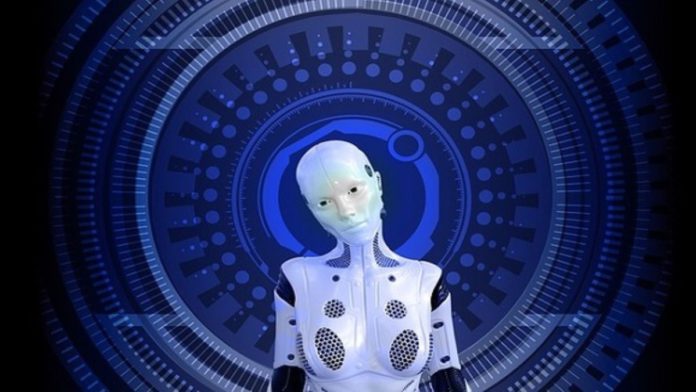The Artificial Inventor Project, run by Ryan Abbott, Law Professor at the University of Surrey, has launched a global effort to get the AI systems listed as an inventor on patents. Abbott’s team enlisted Stephen Thaler, Imagination Engines Inc. founder, to build the machine whose primary purpose was to invent. Australia and South Africa have favored their argument to get the AI machine to patent its invention. However, America’s top patent court has rejected the idea of AI being an inventor. He challenged the U.S. Patent and Trademark Office’s refusal as “arbitrary, capricious, an abuse of direction and not in accordance with the law.”
In July 2021, the patent office of South Africa issued a patent listing DABUS as the inventor. Two days later, a federal judge from Australia also judged that a nonhuman could be named the inventor of a patent.
Thaler created a “creativity machine” called DABUS that “invented” a beverage container and a device for attracting enhanced attention. Abbott’s team filed applications in 17 jurisdictions around the world along with the U.S., South Africa, and Australia to list DABUS as the inventor on patents on these products.
Read more: Autonomous vehicles can read road signs made from reflective microscale concave interfaces (MCIs)
The U.S. Patent and Trademark Office rejected their application for failure to list a person as an inventor. As a response, Thaler appealed to the district court. Further, the agency is now gathering comments and inputs from individuals and companies on addressing the problem of listing AI systems as both an invention and a potential inventor. It is seeking comment on how patent eligibility of AI systems affects investment.
“The unequivocal statements from the Federal Circuit that ‘inventors must be natural persons’ and ‘only natural persons can be inventors’ supports the plain meaning of ‘individual’ in the Patent Act,” the judge ruled.


